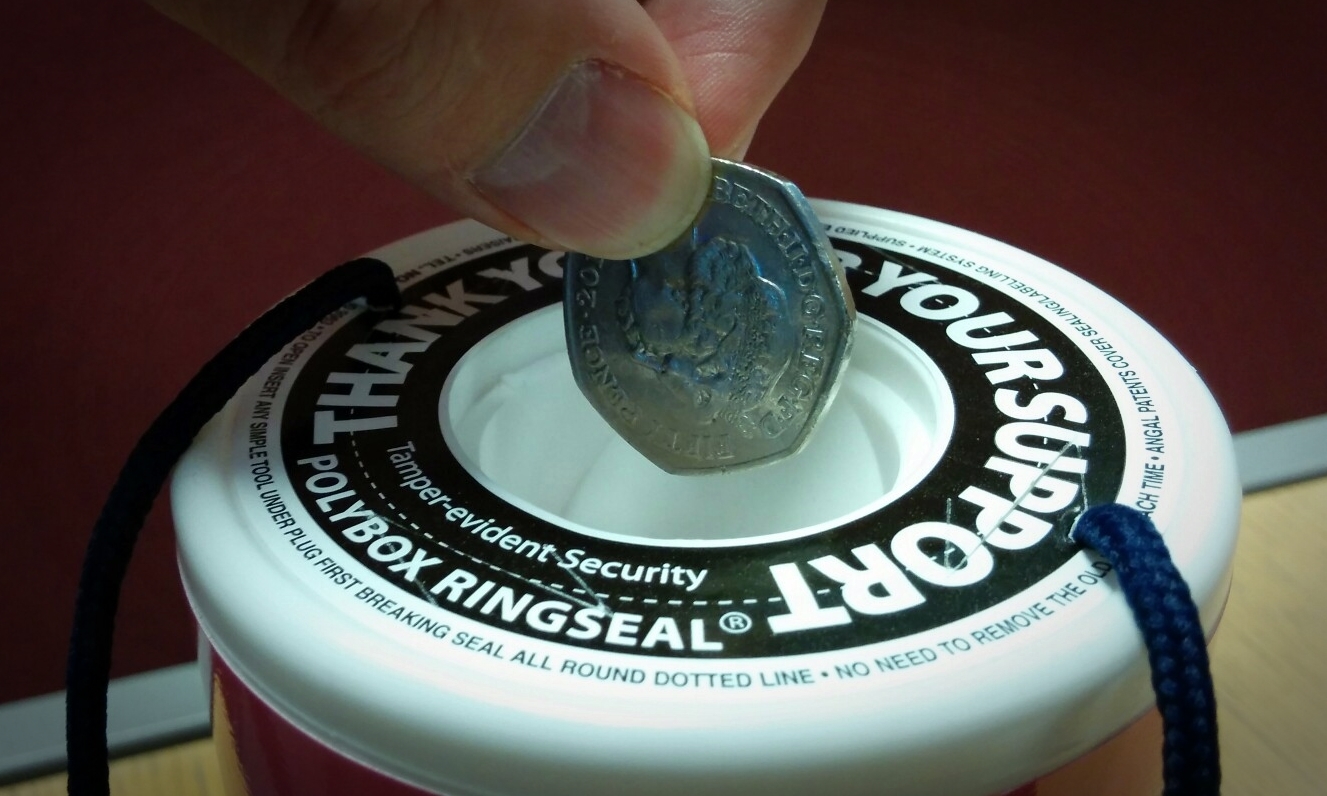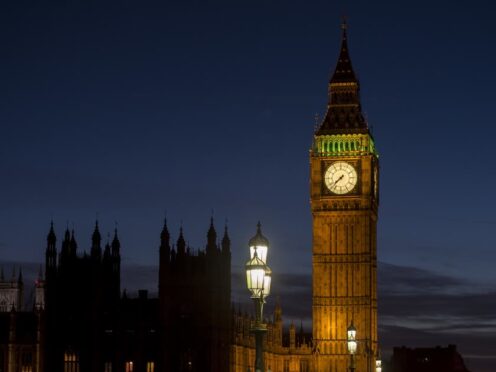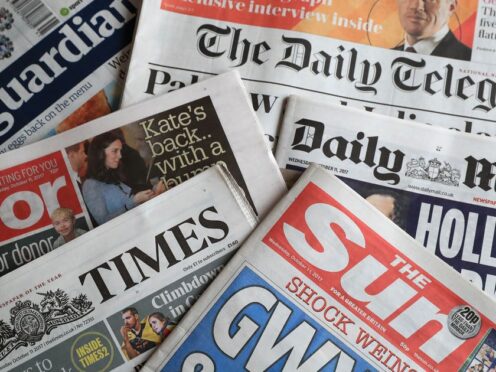Public trust and confidence in charities has fallen to the lowest recorded level, according to a Charity Commission report.
Findings published on Tuesday reveal that more than a quarter (33%) of the 1,085 people questioned by Populus for the commission say their trust and confidence in charities has decreased over the past two years.
The reasons for a decrease in trust include media stories about charities, too much money being spent on advertising and wages, and a lack of knowledge and trust about how donations are spent.
On average the report states that public trust and confidence in charities has fallen to 5.7 out of 10 – the lowest recorded rating ever recorded by the study.
William Shawcross, chairman of the commission, said: “Charities play a vital role in society and this report shows that the public still overwhelmingly believe that.
“But public support cannot be taken for granted and these results show that action is needed to restore public confidence.
“These results are a call to action for everyone who values public trust in charities.”
The survey also found that 67% think charities spend too much of their funds on salaries and administration – up from 58% in 2014.
And 74% of those quizzed said they find some fundraising methods used by charities make them feel uncomfortable – up from 66% in 2014.
Sarah Atkinson, director of policy and communications, said a “fall in trust is not unexpected after a very difficult year for charities”.
“The public wants to see charities explain more and account better for how they manage and spend their money,” she said.
“They want to see honest and ethical fundraising, and they want to know that charities are making a positive difference to their causes.”
She said there are positive changes in the sector already, with a new fundraising regulator, a new Charities Act and many charities responding positively in addressing public concerns.
And that the role of the commission will be doing more to tackle abuse and improve the register of charities.










